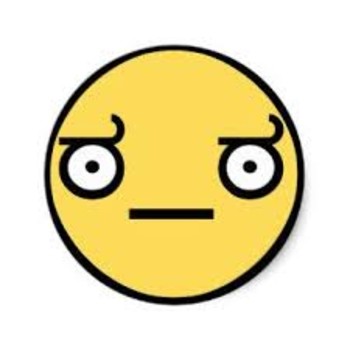Find #f# and 'calculate' the integral?
Given #f:(0,+oo)->RR# , differentiable with
#lim_(xto0)f(x)=+oo# #e^f(x)+f'(x)+1=0# , #color(white)(aa)# #AAx>0#
Find #f# and show that #int_ln2^1(e^f(x)(x+1))dx<ln(e-1)#
Given
#lim_(xto0)f(x)=+oo# #e^f(x)+f'(x)+1=0# ,#color(white)(aa)# #AAx>0#
Find
3 Answers
See below
Explanation:
Using the IV:
-
#e^(C - x) = 1/(e^(-y) + 1 ) # -
#lim_(x to 0) y = +oo implies C = 0#
The SHOW bit
-
# int_(ln2)^1 1+ x \ dx gt 0# -
# int_(ln2)^1 xy' \ dx gt 0#
I could not yet demonstrate the inequality, but I found a stronger inequality.
Explanation:
Let
Note now that:
so:
Substituting in the original equation we have:
and as by definition
which is separable:
Decomposing the first member using partial fractions:
so:
Using the properties of logarithms:
Now solving for
and finally:
Now:
We can determine
As:
which is finite unless
Then:
Consider now the integral:
As:
we can see that in the interval of integration the function is strictly decreasing, so its maximum value
Then:
Here is another one
Explanation:
so there
#lim_(xto0)e^(-f(x))=_(xto0,y->-oo)^(-f(x)=u)lim_(uto-oo)e^u=0#
and
Therefore,
#int_ln2^1f'(x)dx>int_ln2^1(x+1)/(e^x-1)dx# #<=>#
However we have
and so ,



